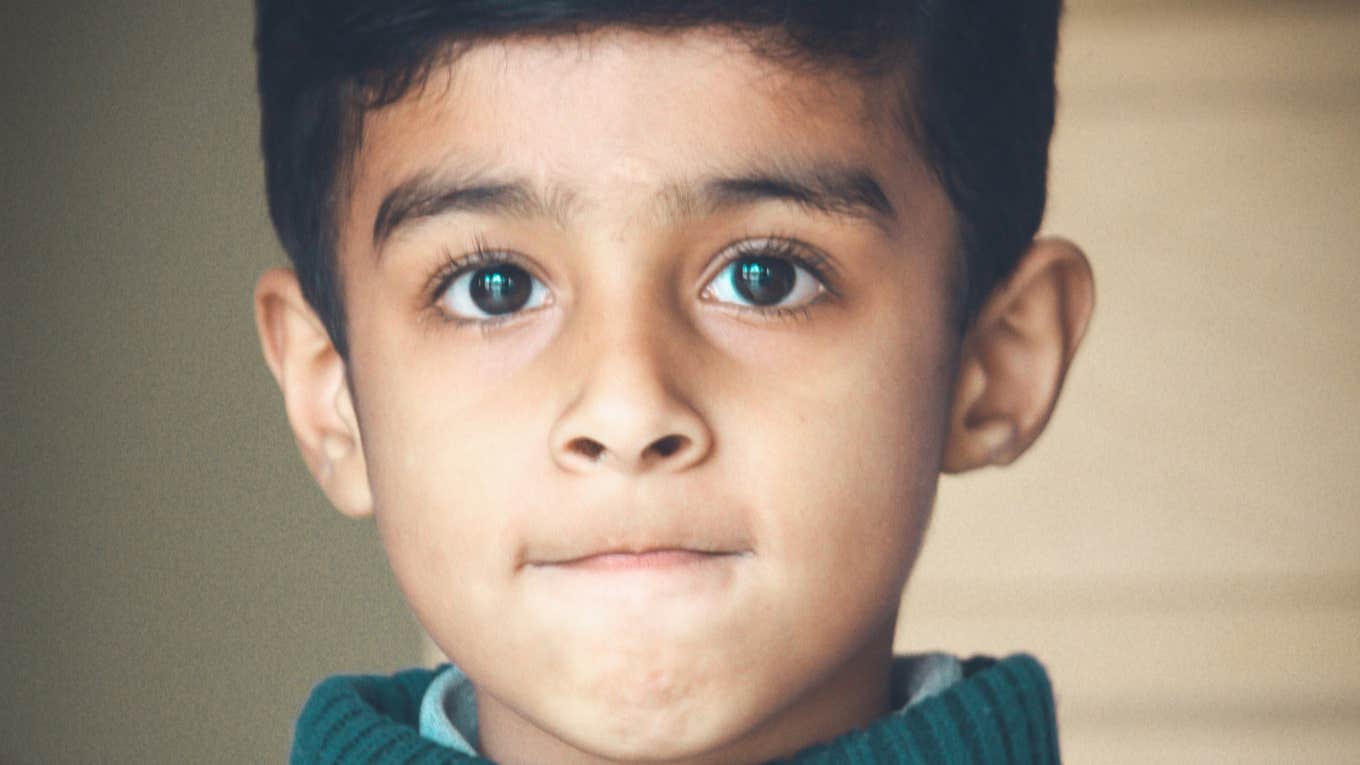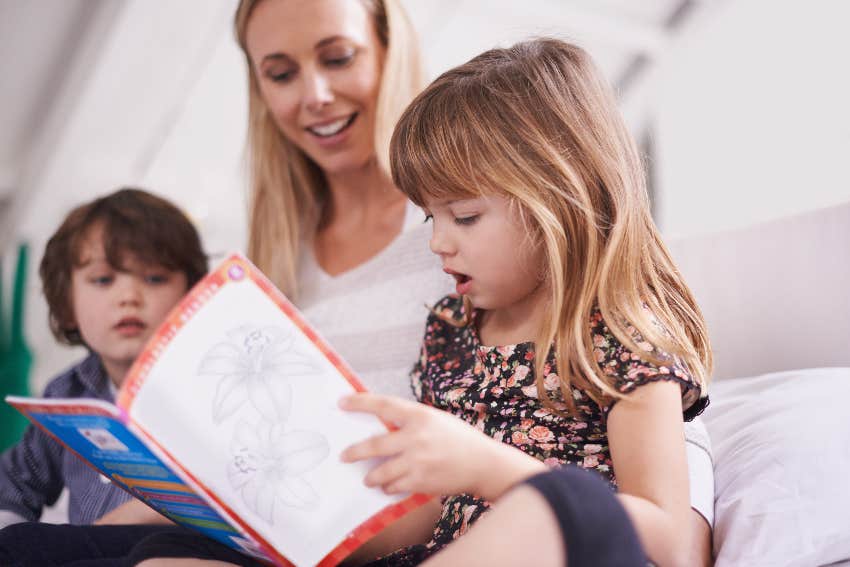Parents Who Raise Deeply Critical Thinkers Do These 5 Things Early On
How to raise kids with critical thinking skills.
 Kamran Ch | Unsplash
Kamran Ch | Unsplash Raising critical thinkers has always been important, but today, building discernment in children is more crucial than ever. Children naturally thirst for knowledge — they come into this world eager to study it — yet we as adults often take this for granted.
Parents must teach their kids to think for themselves and question things or they will be easily influenced and manipulated by their peers, social media, and adults. Children with strong critical thinking skills feel more confident in themselves and their ideas and are the people who change the world with their innovative and creative ideas.
Parents who raise deeply critical thinkers do these things early on:
1. Prepare their mind to learn new things
Babies are learning machines and they have internal mechanisms that prevent them from wasting time on things that don’t have enough learning value, says baby-researcher Dr. Celeste Kidd. This is the equivalent of boredom for babies, she says.
Fortunately, babies are easily entertained and can be cured of this boredom by playing with a new object. Kidd recommends objects the child has seen before but hasn’t been able to fully explore, like your keys or a travel mug that you or your partner use regularly, or even their toys taped together and presented in a new way.
2. Enforce positive screen-time habits
 fizkes / Shutterstock
fizkes / Shutterstock
Adults are guilty of disliking boredom just as much as their kids and we often avoid it completely with the help of our smartphones. But kids notice what their parents do and mirror that behavior.
Most parents probably don’t want to teach their children to waste as much time as they do mindlessly scrolling around the internet. So, even when you’re bored, too, get off your phone — or whatever screen is in front of you — and do something with your child.
Use your creativity, invent a new game together, take a walk, and bake some Christmas cookies. Instead of distracting yourself, you and your child can figure out what to do together.
When parents actively engage with their children during screen time, it can have positive impacts on development, particularly in areas like literacy skills, social interaction, and learning.
A 2023 study highlighted the importance of co-viewing and interactive experiences rather than simply allowing passive screen time. This is especially true when parents use screens for shared learning and discussion, mitigating the potential adverse effects of excessive screen use alone.
3. Let them be bored
You might be the one getting bored with your kids. It happens. Parents who accept boredom as a normal part of parenthood, instead of expecting it to always be fulfilling and meaningful, often end up with happier families in the long run.
Even if you are bored of playing that same game or watching that same Christmas movie for the millionth time, pushing through that feeling and putting in the time can give you valuable connection time with your child, says Sharon Saline, a licensed clinical psychologist and author of What Your ADHD Child Wishes You Knew: Working Together To Empower Kids For Success In School And Life.
In the long run, you are trying to develop a strong relationship with your kid. Showing up and paying attention to something they find interesting, even if it’s not much fun for you, matters and can help strengthen that bond.
4. Offer opportunities for creative thinking
 Yuri A / Shutterstock
Yuri A / Shutterstock
While kids may hate being bored, it can stimulate creative and independent thinking, helping your kid develop their ideas. Teresa Belton, author of Happier People Healthier Planet and former visiting fellow at the School of Education & Lifelong Learning at the University of East Anglia, says boredom can help kids develop “curiosity, perseverance, playfulness, interest, and confidence.”
It’s important your child has space to develop these skills on their own, so don’t feel pressured to entertain them all the time. Leave room for time with no plans over the holidays and help your child use their imagination to figure out what to do next.
Parents who actively encourage creative thinking in their children through a supportive and warm parenting style, provide opportunities for open-ended play, and value curiosity and exploration are most likely to foster a child's creative potential. A 2023 study found that overly critical or controlling parenting styles, where parents heavily emphasize conformity and correct answers, can stifle creativity by discouraging risk-taking and novel ideas.
5. Turn chores into a way for them to use their brain
If all else fails, you can take your child to run some errands and check things off your to-do list. It may not sound fun to drag your kid to the bank, but you can frame it as teaching the child to be a big kid and letting them into the secret world of grownups.
The important thing is spending time together, says Saline. And in this case, you’ll be putting in time with your child while knocking some stuff off your list.
Jillian Mock is a science journalist and editor. She has been featured in Audubon, Scientific American, The New York Times, TIME, and more.
